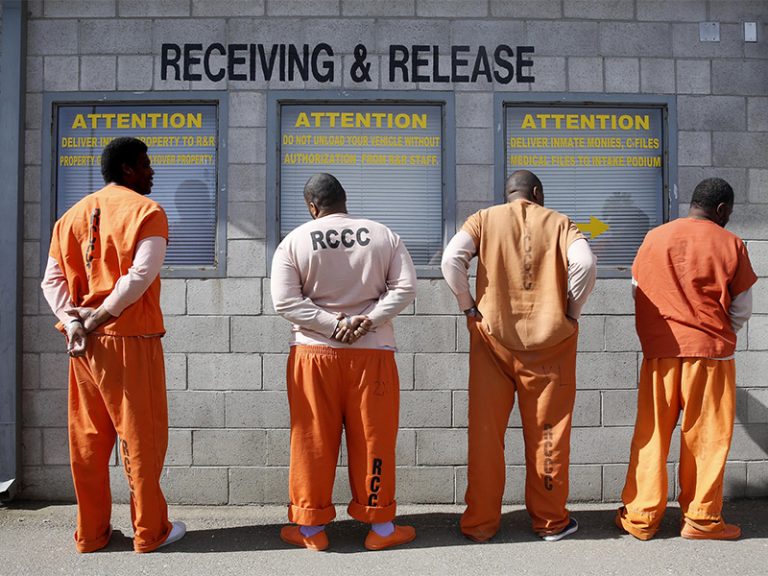Second Look legislation aims to create a process for courts to reevaluate lengthy prison sentences, particularly for individuals who were incarcerated at a young age.
By Cheryl Burke
(RNS) — April is Second Chance Month, a designation intended to recognize Americans who have been impacted by the justice system and are coming out of incarceration.
Redemption and forgiveness are also at the heart of Christian teaching. Justice is not a matter of punishment, but of restoration and reconciliation.
That’s why I helped write a resolution supporting Second Look legislation that the Annual Meeting of the Michigan Conference of the United Church of Christ passed in October 2023. It’s a common-sense policy that will make our criminal legal system more humane and our communities safer.
Second Look legislation aims to create a process for courts to reevaluate lengthy prison sentences, particularly for individuals who were incarcerated at a young age and have demonstrated rehabilitation and growth during their time served. Multiple states have already passed Second Look bills, and states like Michigan, Maryland and Vermont are considering Second Look legislation this year.
The process created by these bills is robust. It typically includes a review by a judge, who would carefully consider input from the victim, the seriousness of the original offense, the incarcerated person’s history and behavior, and any risks or benefits to society.
The essence of Christianity is rooted in the transformative power of grace, mercy, and the opportunity for renewal. We believe every individual has the capacity for transformation and deserves the opportunity to reconcile with society. Within this framework, Second Look legislation makes perfect sense.
This bill also aligns with years of research showing that people age out of crime. Even people who engage in repeat offending in young adulthood tend to desist by their late 30s. Moreover, research from The Sentencing Project notes that “even the general threat of long-term imprisonment is an ineffective deterrent.”
It’s clear that keeping people in prison past their proclivity, or even their physical ability, to commit crime isn’t making us any safer.
Quite the opposite, in fact. In my home state of Michigan, taxpayers are spending millions of dollars to incarcerate people who no longer pose a threat to society. The per-person cost of imprisonment in Michigan ranges from $34,000 to $48,000 per year. Those are resources that could be directed toward more effective crime prevention and rehabilitation programs. In other words, Second Look legislation not only encourages smart spending, but also fosters safer communities and stronger families.
Additionally, for Christians and many other religious, Second Look legislation aligns with the principle of solidarity and care for the vulnerable and marginalized. Long sentences affect young Black men disproportionately compared with every other race and age group, and twice as many Black children as white children have experienced parental incarceration. This trend is reflected in Michigan as well.
The status quo is incredibly troubling, and it’s time for a change.
Thankfully, we’re seeing a groundswell of bipartisan support for Second Look legislation across the country. In March, advocates rallied at the Michigan Capitol in support of the Second Look Sentencing Act. Those advocates included researchers, academics, legislators, formerly incarcerated individuals, members of the faith community and people who have been directly impacted by crime.
That last group is important; we must always remember that crime survivors are not all of one opinion. They are a diverse group, and their needs often extend past perpetuating a broken cycle of punishment and retribution.
As Christians, we are called to emulate God’s boundless mercy by extending compassion to those who have erred and offering them a path to redemption.
At the same time, the importance of Second Look legislation transcends religious boundaries. This legislation resonates profoundly within the ethos of fairness and rehabilitation.
That’s why I’m urging the Michigan Legislature to pass the Second Look Sentencing Act, and for state legislatures around the country to draft and consider Second Look legislation. I hope that the Christian community will join me in this work.
(The Rev. Cheryl Burke is the associate conference minister for the Michigan Conference United Church of Christ. The views expressed in this commentary do not necessarily reflect those of Religion News Service.)
First published April 4, 2024



